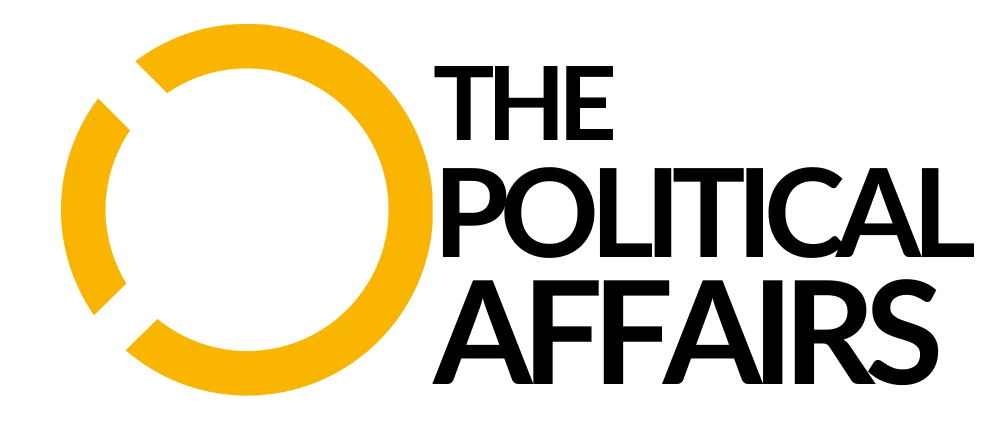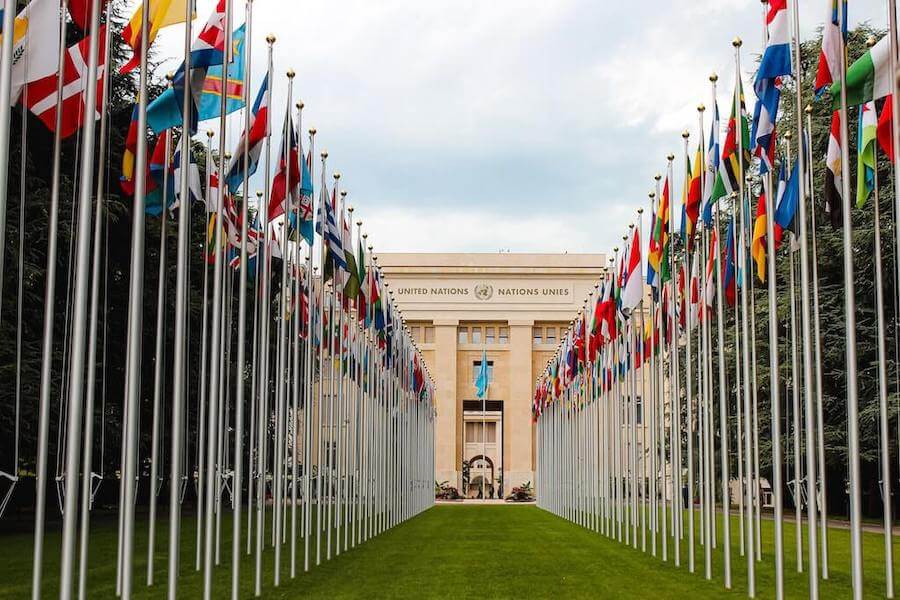This article was originally published in the “E-International Relations” on 19-October-2020 by Ilan Manor and Guy J. Golan. Read the Full Article on E-International Relations. [date accessed: 24-October-2020]
The irrelevance of Soft Power stems not from its theoretical dimension, but from a changing global landscape. The 21st century will be characterized by growing competition among three giants – China, India and the United States. To contend with this triumvirate, nations will create short-termed strategic alliances that will collectively bargain opposite the giants, or force their hands. These alliances will rest on shared interests, not shared values. In a world governed by increased competition, as opposed to cooperation, the practice of Soft Power will become secondary. The benefit of strategic alliances lies in their malleability. Unlike the Cold-War era, nations will not be bound to one giant.
On the contrary, nations will collaborate with different giants towards different ends. National power will emanate from a nation’s status as a desirable member in strategic alliances. This desirability may rest on diverse resources ranging from economic stability to technological infrastructure and geographic location. Now is not the age of uni-polarity or bi-polarity. Now is the age of giants. And in this age, power will function differently, as explained in this article.
Vladimir Putin once stated that ‘I would prefer to abandon the terminology of the past. ‘Superpower’ is something that we used during the Cold War time. Why use it now?’ 1(Financial Times, 2016). The demise of the Cold War led scholars to reconsider additional terms including power. In a world no longer marked by ideological conflict and a nuclear arms race, collaboration rather than confrontation could be the order of the day. In a seminal article, Professor Joseph Nye introduced the concept of Soft Power. Ultimately, Nye argued, the attractiveness of a nation’s culture, political values, and foreign policy will be more influential on its engagement with other nations than the number of ballistic missiles at its disposal2.
In this article we argue that the world is in the midst of profound structural change, and that this change necessitates that the concept of power be examined yet again. Specifically, we contend that this century will see the emergence of a modern day Triumvirate of three giants. While middle powers such as Russia, Iran, Brazil and the EU (European Union) will remain central to global affairs, it is the three giants who will dictate the rules of the game. India’s population size and status as a global telecommunications hub will see its power overshadow that of Iran or Brazil. China’s financial dominance and global military reach will eclipse that of Russia, while the US’s strength will continue to rest on its mass investment in defense, and ardent commitment to consumerism.
We argue that the power of strategic alliances will become a core concept in the field of international relations given its ability to account for relationships that cannot be explained through the Soft Power paradigm. A strategic alliance will consist of several nations who share a common interest that can only be secured by one of the giants. Jointly, alliance members will hold greater sway over a giant, or even threaten to align with another giant. Yet once an alliance has obtained its goal, it will disband. For in a world dominated by three giants, permanent alliances will be harder to maintain. Continuous competitions between the giants will send constant ripple effects locally, regionally and globally and shifting sands will result in new alliances 3.
Read the Full Article on E-International Relations.
- Financial Times. (2016). Full text; Vladimir Putin interview The Financial Times. Available from https://www.ft.com/content/76e205b2-40e5-11db-827f-0000779e2340
- Nye, J.S., (1991). Soft power. Foreign policy, (80), 153-171. Nye J, J.S., (2008). Public diplomacy and soft power. The annals of the American academy of political and social science, 616(1), 94-109.
- Firestone, C.M., and L. Dong., (2015) Netpolitik: What the Emergence of Networks Means for Diplomacy and Statecraft. The Aspen Institute of Ideas.

